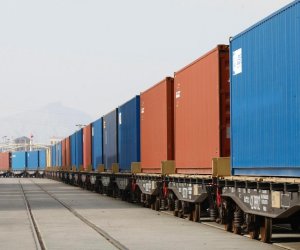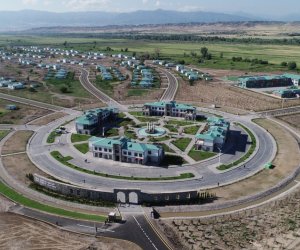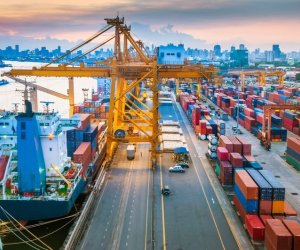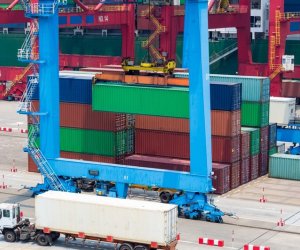Christian von Koenigsegg, the man behind the world's fastest car - PHOTO

Mr Koenigsegg says the inspiration came from an unlikely source: a Norwegian movie about a bicycle repairman."He built with his friends on a mountaintop this incredible racing machine and competed against the established brands and won," he told the BBC at the New York International Auto Show."I remember walking out of the cinema and saying 'That's what I want to do when I grow up'."And, unlike most of us, who shed dreams of becoming firemen or astronauts pretty soon into our teenage years, Mr Koenigsegg stayed true to his childhood ambition.Now, more than 20 years after he founded his namesake car firm at the age of 22, Mr Koenigsegg has created the world's fastest road car: the One:1, which can go from zero to 400km/h in just under 20 seconds.But in the increasingly competitive world of so-called "hypercars" - where million dollar price tags are the norm - how has Mr Koenigsegg managed to stand out from the pack?Bread and waterAlthough displays of the latest supercars, hypercars and now megacars have become fixtures at car shows around the globe, when Koenigsegg was founded in 1994 in Sweden, the country was just coming out of a recession and building an expensive fast car seemed like a questionable endeavour."I knew when I set out that it was an impossible task," says Mr Koenigsegg.To get ideas for his first car, he tore pages out of old car magazines and studied technical manuscripts, searching for ways to build his dream car on a tight budget.But even though his vision was clear - he wanted to create a lightweight, mid-engine car with a detachable roof - finding financing was difficult at first."It was a lot of bread and water for many years but I just had this relentless passion to get it done," he says.After releasing several prototypes, Koenigsegg sold its first car in 2002, and a year after that, its CC8S model was deemed the most powerful production car by the Guinness Book of World Records.That same year, the car also made the record books, when a driver of its CC model in Texas was given the fastest speeding ticket ever after going 242 miles per hour.3D printed carsKoenigsegg uses several innovative strategies to make production feasible and fast.On the floor of the car show, he showed the BBC around the Agera R - the car the company has just introduced to the US market, at an eye-watering price of $1.6m (£953,000).Low to the ground, it features a carbon-fibre body, an engine in the back middle of the car, and "a dihedral syncro-helix actuation door system", which essentially looks like the Back to the Future Delorean doors on steroids (they rotate forward and up).As for actually sitting in the car?"It's almost like fitting a glove to your hand - it's really quite compact but still roomy enough for large persons - but there's no extra space anywhere because the car has to be compact and light," says Mr Koenigsegg.To build it, the car was "designed in computer programmes to make it as sleek as possible and as slippery in the wind as possible," he says.To save costs and speed up production, the firm used 3D printers and laser scanners at their factory to manufacture test car components like seats.They've also experimented with building actual car parts using a 3D metal printer, because when building just a handful of cars a year, it doesn't make sense to invest in specific tools for component parts.Mega car, mega competitionHowever crazy it may seem, Koenigsegg is not alone in the uber-expensive, uber-fast supercar market.Established players like Bugatti, Porsche and Lamborghini create a couple special supercars each year to appeal to wealthy car enthusiasts, which are then shown off at car shows like those in Geneva and Beijing.Lamborghini and Bugatti carsAdd to the mix smaller manufacturers like UK firm McLaren, Italy's Pagani and even Lebanon's W Motors (which produced the Middle East's first supercar, the LykanHypersport, last year), and it is actually quite difficult to stand out from the pack, even when trying to sell just a few dozen cars a year.Mr Koenigsegg says that in order to succeed, his cars have to be "extreme and competitive"."We got really efficient at developing unique extreme technology and low volume and that's our forte," he says.Mr Koenigsegg says another Agera R model is on the way, and the company has already sold out of its One:1 car.But as for the car that Mr Koenigsegg drives himself?"A Tesla Model S - an electric car," he says with a laugh.(BBC)ANN.Az
































 Photo
Photo 



 Video
Video 

